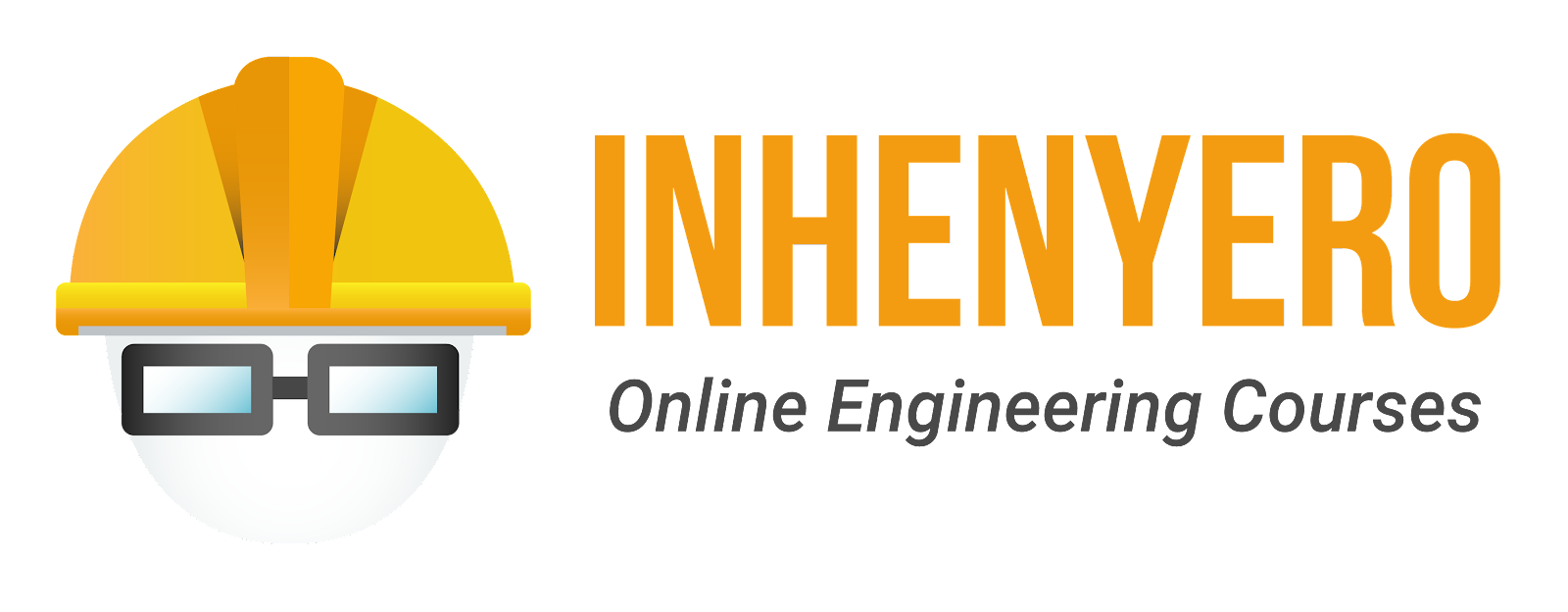
What is Chemical Engineering in the Philippines?
A Chemical Engineer is a person duly registered and a holder of a valid Certificate of Registration and Professional Identification Card issued by the Board of Chemical Engineering and the PRC. Their duties include consultation, investigation, estimation, planning, preparation of feasibility studies, designing, preparations of specifications, supervision of installation, operation but excluding chemical analysis and operation of the chemical laboratory, research and development, in which requires chemical engineering knowledge, skill and proficiency in relation to industrial plants. Teaching, lecturing and reviewing of professional chemical engineering subjects shall also be considered. (Article 1, Section 3-4 of RA. 9297)
What is the Chemical Engineering Licensure Exam?
If an applicant seeks a license as a Chemical Engineer, he/she shall pass the required Chemical Engineer licensure examination. The exam is given twice each calendar year on the dates and venues prescribed by the Board. It is usually conducted on the months of May and November.
Any person applying for admission to the Chemical Engineering Board Exam must have the following qualifications:
- A citizen of the Philippines
- Of good moral character
- A graduate of Bachelor of Science in Chemical Engineering or its equivalent in a school, institute, college or university recognized by the Government; and
- Has not been convicted of an offense involving moral turpitude by a court of competent jurisdiction
What is the scope of the licensure exam?
The Chemical Engineering Board Exam coverage shall test the overall knowledge of the applicant in this profession and shall obtain a general average of no less than 70% and a rating of no less than 50% in any examination subject.
The subjects covered are the following:
Physical and Chemical Principles - 30%
- General Inorganic Chemistry
- Matter and Energy
- Theory of Atoms and Molecules
- Chemical Periodicity
- Calculation Principles in Chemical Changes
- Chemical Bonding
- Solutions
- Chemical Equilibrium
- Chemical Kinetics
- Nuclear Chemistry
- Organic Chemistry
- Structural characteristics and reaction mechanism of different organic compounds: aliphatic, aromatics, arenas alcohols, aldehydes, ketones, carboxylic acids, carbohydrates, amino acids, and proteins
- Analytical Chemistry
- Theory and practice of gravimetric and volumetric methods of analysis and their application methods in the analysis of acids, bases, salts, and minerals.
- Physical Chemistry
- Properties of gases, liquids, solids and solutions
- introduction to first and second laws of thermodynamics
- thermochemistry
- Homogeneous and Heterogeneous Equilibria
- Transference and Conductance of Ionized Solutions
- Electrochemistry
- Chemical Engineering Thermodynamics
- First and Second Laws of Thermodynamics
- P-V-T Relationships of Fluids
- Heat Effects
- Thermodynamics of Flow Processes
- Power and Refrigeration Cycles
- Phase Equilibria
- Chemical Reaction Equilibrium
Chemical Engineering Principles - 40 %
- Chemical Engineering Calculations
- Elementary Mass and Energy Balances
- Stoichiometry
- Principles of Equilibrium Applicable to Unit Operations and Processes
- Material and Energy Balances Applicable to IndustrialProcess
- Reaction Kinetics
- Principles and applications of chemical kinetics to the design of chemical reactors
- Unit Operations
- Principles of Fluid Mechanics
- Heat
- Mass and Momentum Transfer
- Separation Processes;
- Stage-wise Operations
- Plant Design
- Application of physical and chemical principles in the design of industrial plants or parts thereof involving preparation of process flow sheets, mass and energy balances, and equipment design
- Chemical Process Industries
- Unit processes and operations involved in the inorganic and organic chemical industries
- Biochemical Engineering
- Aspects of biological sciences, primarily microbiology and biochemistry, which are applicable to process industries
- Environmental Engineering
- Types of pollutants
- physical, chemical, and biological processes applicable to pollution control and abatement
- Instrumentation and Process Control
- Principles and operations of a wide variety of process instruments and the proper selection thereof for practical industrial application
- Laws, Contracts, and Ethics
- Legal and ethical issues related to the practice of chemical engineering, including intellectual property and environmental laws
General Engineering, Ethics and Contracts - 30%
- Mathematics
- Algebra
- Trigonometry
- Analytic Geometry
- Differential Calculus
- Differential Equation
- Statistics & Probability Theory
- Physics
- Mechanics
- Waves
- Sound
- Heat
- Electricity
- Magnetism
- Light
- Engineering Mechanics
- Statics and Dynamics
- Free Body Concepts
- Equilibrium of Coplanar and Non-coplanar Systems
- Analysis of Frames and Trusses
- Friction
- Centroids and Moments of Inertia
- Motion of Particles and Rigid Bodies
- Mass, Force and Acceleration
- Work and Energy
- Impulse and Momentum
- Strength and Materials
- Axial Stress and Strain
- Stresses in Torsion and Bending
- Combined Stresses
- Beam Deflections
- Indeterminate Beams
- Elastic Instability
- Engineering Economics
- Introductory financial accounting
- Financial Mathematics
- Time Value of Money
- Break-even Analysis Capital Investment Decision Criteria
- Engineering-Oriented Applications
Do you have any questions about the Chemical Engineering Board Exam? Comment it down below!



Saan source po nito?
ReplyDelete